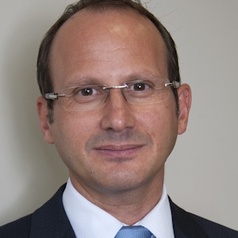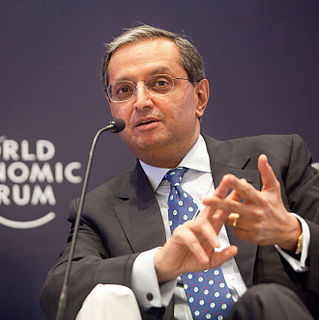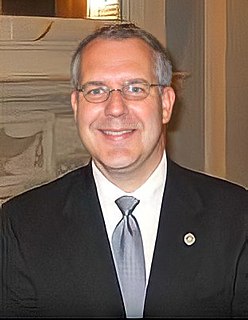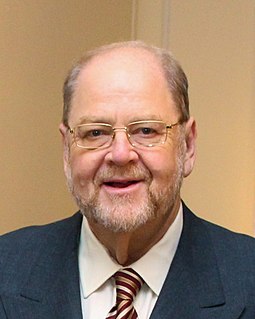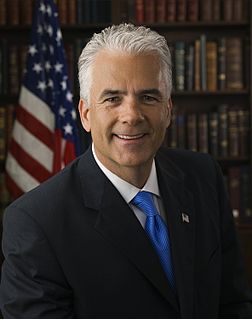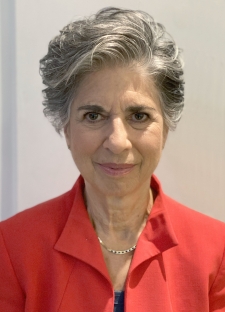A Quote by Peter Kinderman
When people are in acute crisis, residential care may be needed, but this should not be seen as a medical issue.
Related Quotes
We do know that a percentage of LGBT people avoid and delay screening and care because of fear about or experience of stigma, discrimination or simply lack of knowledge about LGBT people and their health amongst providers. If you avoid or delay screening and care and you have an issue that may be precancerous, by the time you get into screening and care you’re there because it has become acute and you already have a progressed disease.
It is taken for granted that workers should receive their pay partly in kind, in the form of medical care provided by the employer. How come? Why single out medical care? Surely food is no less essential to life than medical care. Why is it not at least as logical for workers to be required to buy their food at the company store as to be required to buy their medical care at the company store?
Now, it is sometimes said that medical care is too important to be left to the market, and that it is immoral to profit from the illnesses of others. I say medical care is too important to be left to the failed central plans of the political class. And as for profiting from providing medical care, we can never be reminded enough that in a free society, a profit is a signal that valuable services are being rendered to people on a voluntary basis.
As a physician, I see the earth as a patient in the intensive care unit. We have an acute clinical crisis on our hands and must take urgent action. My prescription for survival is that the American people rise up as they did in the 1980s, when 80 percent of Americans supported the nuclear weapons freeze.
Although this crisis in some ways started in the United States, it is a global crisis. We bear a substantial share of the responsibility for what has happened, but factors that made the crisis so acute and so difficult to contain lie in a broader set of global forces that built up in the years before the start of our current troubles.
